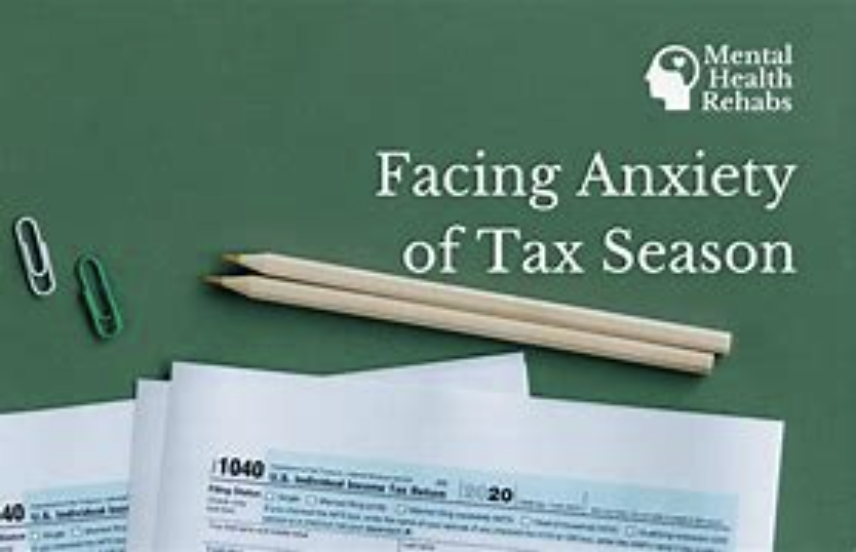For those with significant wealth, real estate has been recognized as a key element in maintaining their financial security. However, is it really the foolproof investment that people often claim? Apart from the usual ideas of location, value increase, and rental profits, the property investment realm conceals intricate factors that question the belief in "reliable and secure" earnings.
The Shifting Sands of Market Fundamentals
Conventional wisdom often highlights the phrase “location, location, location,” but contemporary markets challenge this straightforward idea. Once sought-after urban areas now encounter unexpected difficulties. The increase in remote work has resulted in many individuals leaving costly city centers, which has affected the demand for luxury apartments. For instance, in San Francisco, the prices for high-end rentals have dropped sharply as tech employees moved to suburban and rural locations, resulting in empty units and substantial losses for landlords.

Moreover, the advent of cutting - edge technologies is reshaping property valuations in unexpected manners.Investors are increasingly drawn to smart cities with modern infrastructures, while places without digital access risk becoming outdated. Environmental aspects are also significant. Properties in regions at risk for flooding or wildfires, which were previously ignored, now deal with rising insurance costs and falling resale prices—a hidden expense that many investors do not foresee.
The Hidden Liabilities of Ownership
High-value properties often come with unexpected financial challenges. The upkeep of luxury homes can be incredibly expensive, as costs for custom features, premium materials, and advanced amenities can accumulate rapidly. Moreover, changes in regulations present a major risk. New zoning laws, environmental standards, or tax regulations can unexpectedly reduce an investment’s profitability. For example, stricter building codes might necessitate expensive updates, while rising property taxes can diminish rental income.

Another frequently overlooked disadvantage is the difficulty in selling real estate. Unlike stocks or bonds, divesting a property can take a long time—sometimes months or years, particularly during a downturn. During this period, investors remain tied up in their properties, unable to swiftly shift their capital to other more lucrative ventures.
The Unpredictable Role of Global Events
Global events greatly influence the real estate market. Distributing investments among different types of properties and places can help minimize risks as well.. Restrictions on travel significantly reduced the interest in vacation rentals and commercial spaces in areas that rely on tourism. Additionally, geopolitical conflicts can have an impact as well. Trade disagreements may harm local economies, leading to fluctuations in property prices, and changes in immigration laws can shift the demand for housing in major cities.Moreover, natural disasters, which used to be seen as unusual occurrences, are happening more often due to climate change. Events like hurricanes, wildfires, and floods not only result in immediate destruction but also affect property values and the availability of insurance in the long run.
Navigating the Real Estate Maze
Although investing in real estate does not guarantee profits, it still presents considerable opportunities for knowledgeable investors. The secret lies in adopting a well-rounded strategy that goes deeper than a basic evaluation. It’s crucial to perform thorough research, which includes examining future infrastructure projects, potential environmental hazards, and regulatory changes. Investing in different types of properties and in various areas can help minimize risks.
Additionally, investors may want to explore different real estate options. Real estate investment trusts (REITs) offer a more flexible method for property investment, while development projects could yield higher profits if overseen well. By grasping the intricate relationships of market dynamics, hidden expenses, and worldwide factors, affluent individuals can make smarter choices and steer clear of the misconception that real estate is a surefire way to make money.




